In this article
View 3 More +Although they may often seem aloof and indifferent, cats recognize the strong bond with their owners. Caring for and connecting with our pets makes us a central facet of their lives and one they’ll sorely miss upon our passing. Cats grieve for their owners in many ways, coping for several weeks when they lose their loved ones. Let’s explore the extent of how cats feel grief and what you can do to help them heal.

Do Cats Grieve for Their Owners?
Most people believe cats can grieve, and anecdotal evidence and limited research support that assumption to an extent. Cats might not be able to grasp the concept of their owner dying, but they can sense their absence. They form complex social connections despite their reputation as loners, developing attachments with certain individuals, particularly owners, that can have a significant impact when they are severed.
Thanks to domestication, cats retain many juvenile behaviors into adulthood. Researchers liken a dog’s attachment to owners as an infant-mother type of relationship, and many theorize cats have a similar bond with their humans.
Parts of this dynamic are a need for proximity and a feeling of stress upon separation. When cats lose their attachment figure, the upheaval in their life has emotional, behavioral, and physiological effects.
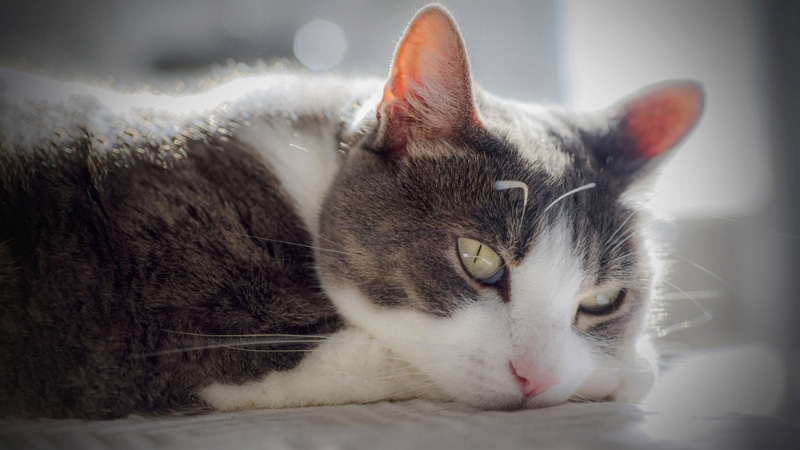
How Do Cats Grieve?
Socialization is essential to a cat’s ability to thrive. While cats are more adaptive to group changes than dogs, they still bond with other household pets and act as dependents for their owners. As these figures play critical roles in the cat’s life as companions and providers, their loss can cause behaviors akin to separation anxiety.
Phases and Signs of Cat Grief
The ASPCA’s Companion Animal Mourning Project explored the effect of losing an animal companion on cats. The study found 65% of cats showed behavioral changes indicative of grief, including:
- Decrease in appetite
- Sleep schedule disruptions (e.g., oversleeping, insomnia)
- Change in sleeping location
- Changes in vocalization
Stress behaviors don’t arise only after an animal’s death. Separation anxiety can occur from any unexpected departure, whether an attachment figure dies or simply leaves for a few hours.
When coping with losing a companion animal, cats follow a bi-phasic grief process. The first phase is active. Cats want to reunite with their lost companion, so they protest their absence and search for them. Increased activity and changes in the frequency and volume of meowing are typical. In the second phase (passive), cats are more withdrawn. They may have a decreased appetite or engage in hiding behaviors.
Common behaviors during this process include excessive clinginess to owners and seeking out the deceased animal’s favorite spot. Cats may respond differently when the owner dies. In the case of owner separation, anxiety can cause inappropriate elimination (often in the owner’s bed) and, in more severe cases, compulsive overgrooming and aggression.
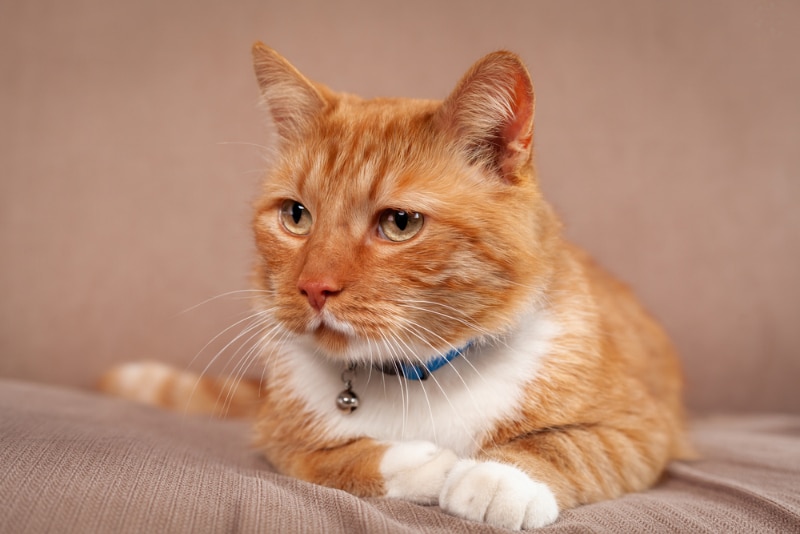
Is It Actual Grief?
Although it’s easy to project human emotions onto pets to interpret their behaviors, we mustn’t forget that cats don’t think like us. We can’t always be sure of the nature of their grief-like behaviors when other pets die.
Are they clingier because they need comfort, or is there less competition for your attention? Do they visit their friend’s favorite spot out of longing, or are they claiming territory? Are they eating slower due to depression or less resource competition?
Considerations like these don’t suggest apathy or selfishness but rather highlight that we can’t assume the reasons behind all their actions. There’s still plenty to indicate they feel genuine distress when family members die. For instance, increased vocalizations and searching behaviors occur in the hopes of a reunion, showing the meaningfulness of that figure’s presence.
Cats likely don’t comprehend death or feel guilt, anguish, sorrow, and other complex emotions adult humans face with the passing of a loved one. They display separation stress in a way similar to infants, using the types of protest and detachment behaviors that occur in the coping process alongside grief.

How Long Do Cats Grieve?
Cats eventually adjust to their owner’s death. After a companion animal dies, initial behaviors like increased vocalizing and searching typically resolve within about two months. After roughly 6 months, they become accustomed to the new situation and no longer show signs of grief.
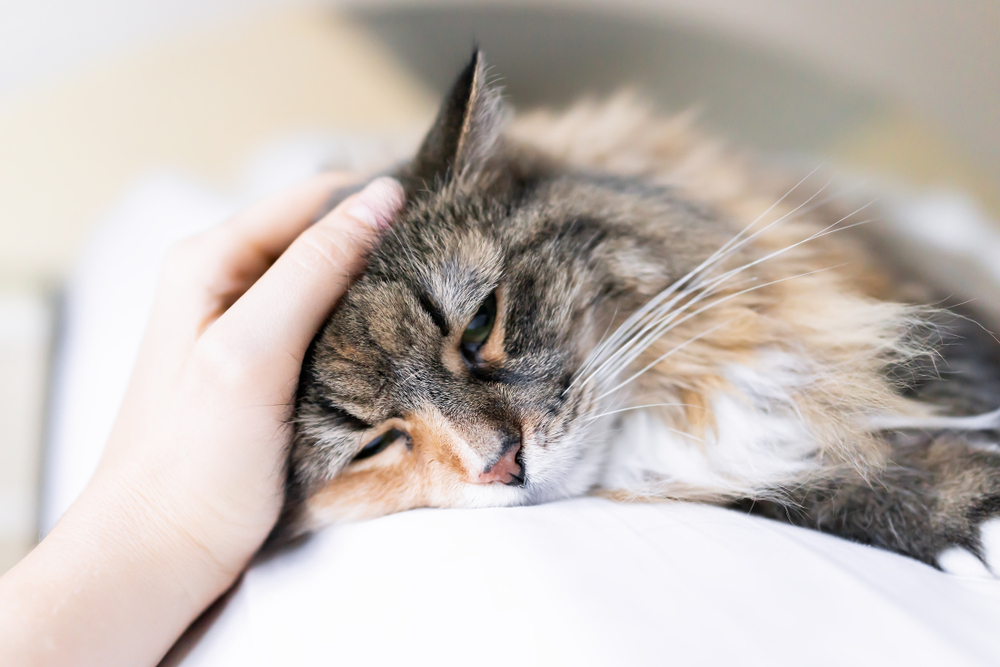
5 Ways to Help a Grieving Cat
Since cats grieve in ways similar to infants, certain aspects of the process may be more or less meaningful than we realize. They don’t have a complex understanding of death, so they don’t necessarily need closure.
Seeing a companion’s dead body, for instance, doesn’t affect a cat’s behaviors, showing they don’t digest the finality of death or use that viewing to help them along the grieving process as we might during a wake.
If you inherit a cat whose owner passed away, your role is to help them move on to the next phase without becoming hung up on the passing. There’s no talking it out or counseling a cat through their feelings of loss. They need you to give them a sense of normalcy. The following are a few ways you can do this to help a cat cope after their owner dies.
1. Provide Attention and Play Time
One reason cats miss their owners is the loss of a play buddy. Cats need socialization and stimulation, and you can help them acclimate to their next phase of life by providing ample attention. Bonding and playing will benefit your cat mentally at the moment and help establish you as their new attachment figure.
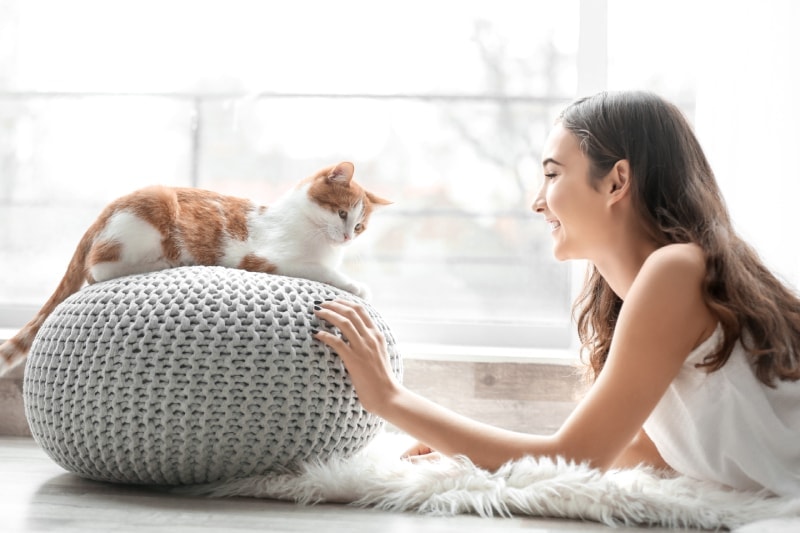
2. Enhance Enrichment Around the Home
Cats confined to the house have fewer chances to satisfy their curiosity and exercise their minds and bodies. You can fill the house with enrichment materials to keep your cat busy and avoid the bored or agitated destructive behaviors that might occur due to separation and disruption to the routine.
Trees, scratching posts, and rotations of fun treats and toys will positively direct their energy.
3. Maintain the Routine
Like mothers to infants, owners give their cats a sense of comfort, security, and certainty. They create a routine that a cat, as a dependent, can rely on to stay at ease and make the day predictable. Cats lose that familiarity when the owner dies, causing them to grieve.
You can’t keep everything the same. The home environment will be different, and you’ll rarely be able to follow the old owner’s schedule. But try to maintain the cat’s known routine in any way possible.
Use their brand of food, set up their toys like in their old home, maintain the same feeding schedule, and take any other steps that could make the environment recognizable. Focus on day-to-day consistency to get your cat comfortable as quickly as possible.
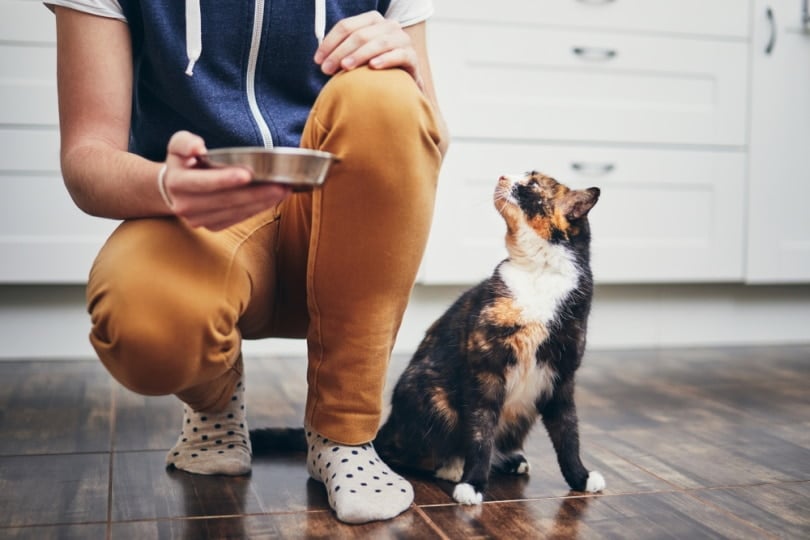
4. Monitor Your Emotions
Domestic cats are sensitive creatures capable of understanding positive and negative emotions in humans and other cats. They take emotional cues from owners, using them as a reference to respond to objects and situations. When they see happiness, they respond positively. When they sense anger, they respond negatively.
Acknowledging this is important when you’re also feeling the loss of your pet’s owner. You are going through a grieving process that often comes flooded with raw and stressful emotions. As these manifest outwardly in your speech and actions, the cat will only become more distraught.
Containing your emotions isn’t easy, but maintaining positivity and focusing on the new routine for your cat’s sake will accelerate their coping process.
5. Talk to Your Vet About Medication
If your cat’s separation anxiety is extreme, consult your vet. They can advise on in-home treatment options like dietary changes or pheromone diffusers and prescribe medication if needed. Drugs are not a single solution and must only come secondary to improvements to the cat’s lifestyle.

Final Thoughts
Domestic cats grieve for their owners but not in the way humans grieve lost loved ones. They only understand the general absence and, lacking our emotional development, respond to it with relatively infantile stress behaviors.
Their caregiver is gone, as is the familiarity and security of their routine. With owners sitting firmly in the center of their lives, cats feel like their world is crashing down and will need every bit of comfort and consideration to help them cope.
Featured Image Credit: Kginger, Shutterstock


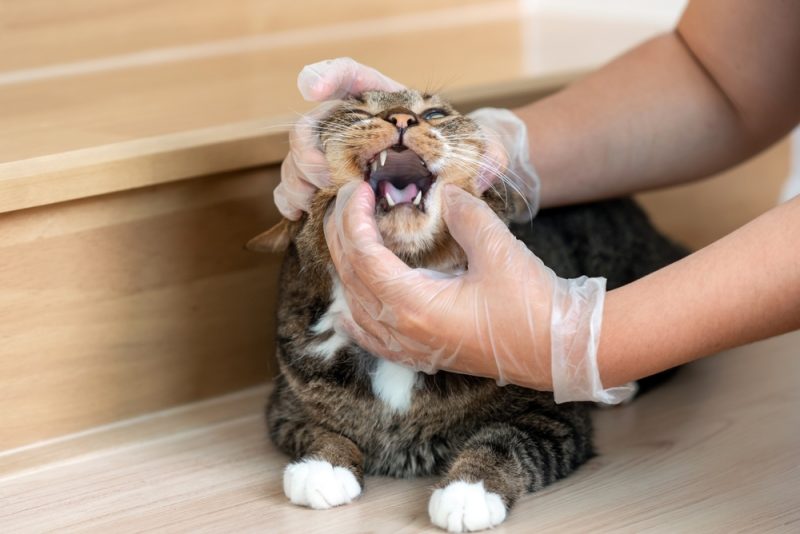
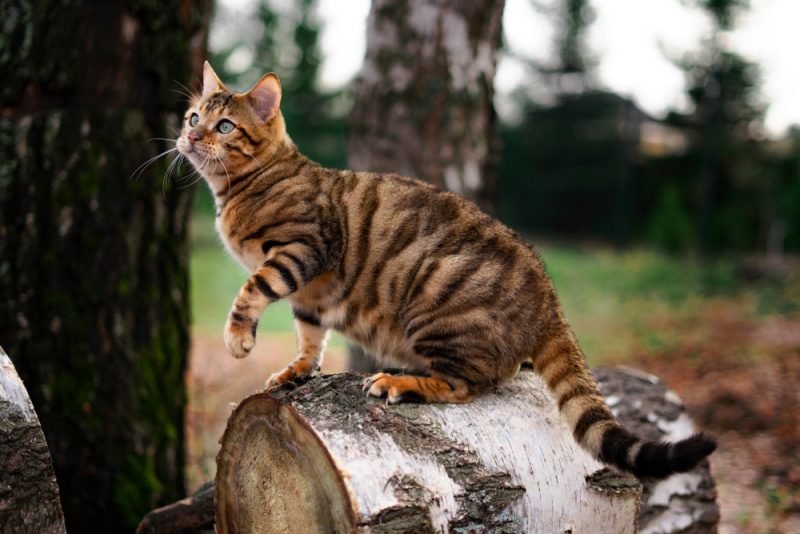
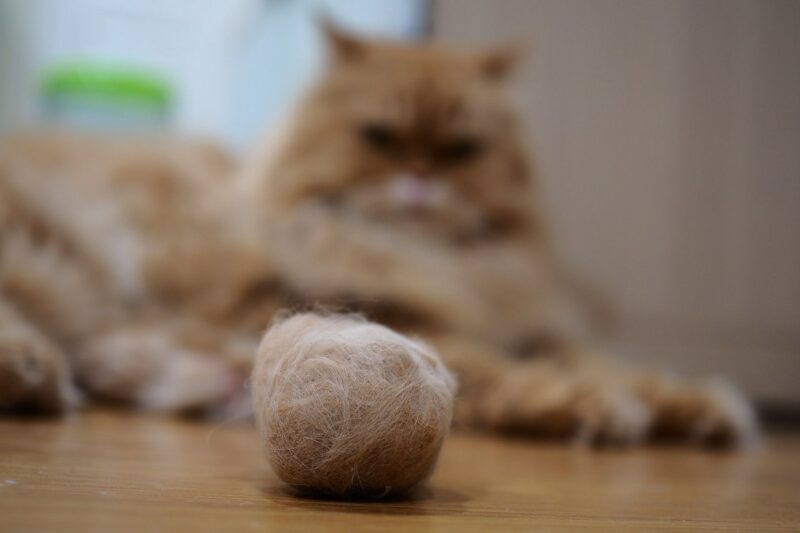
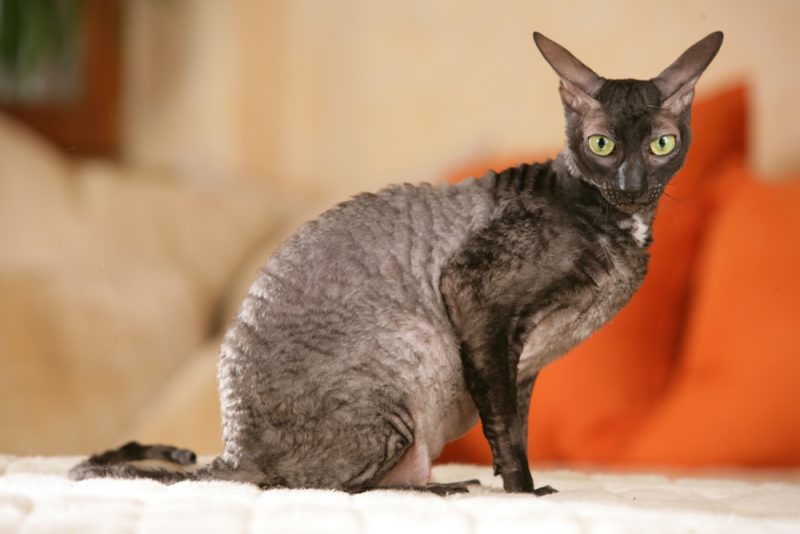
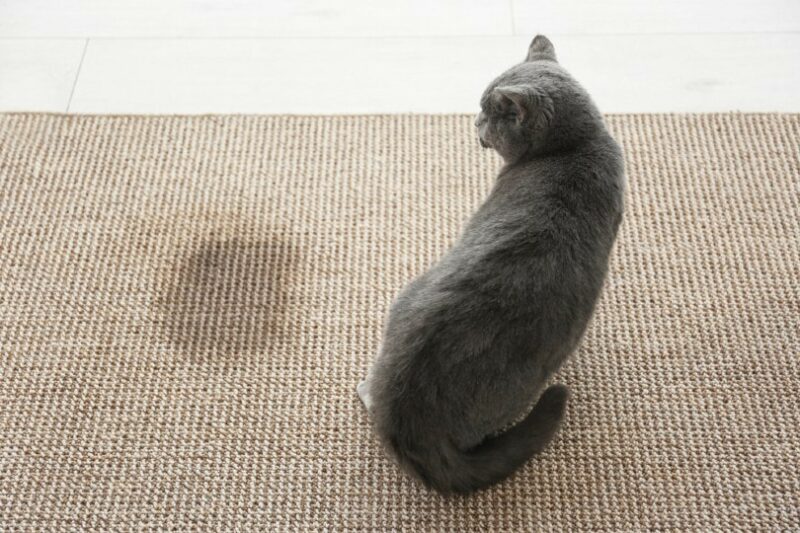
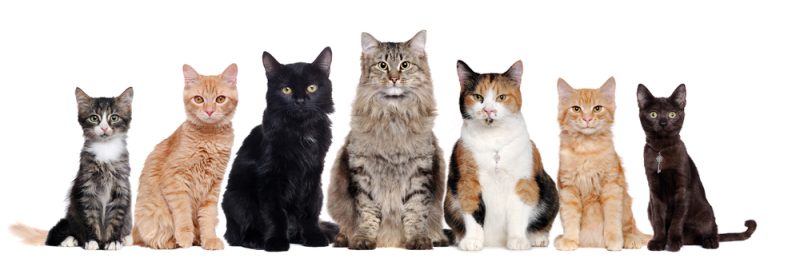
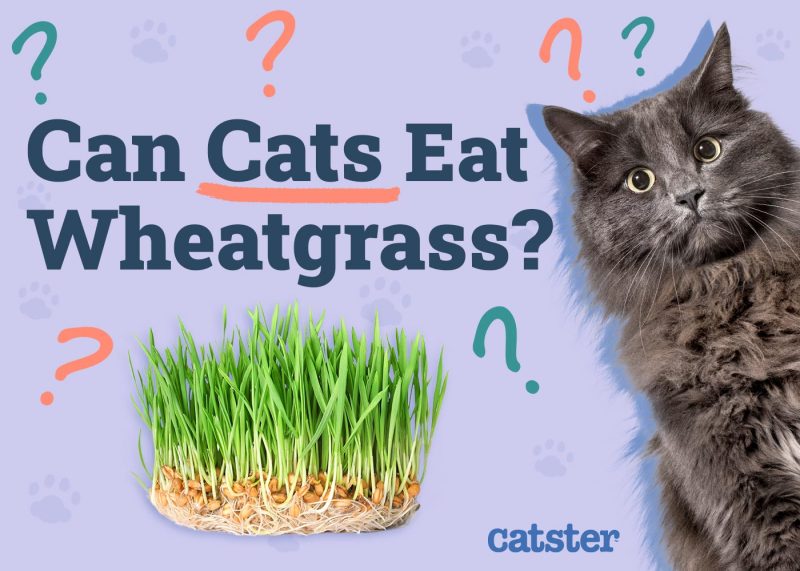
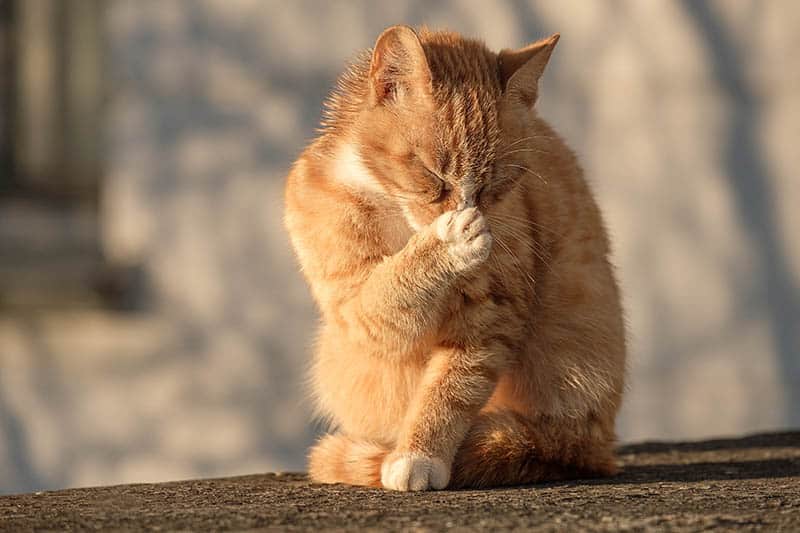

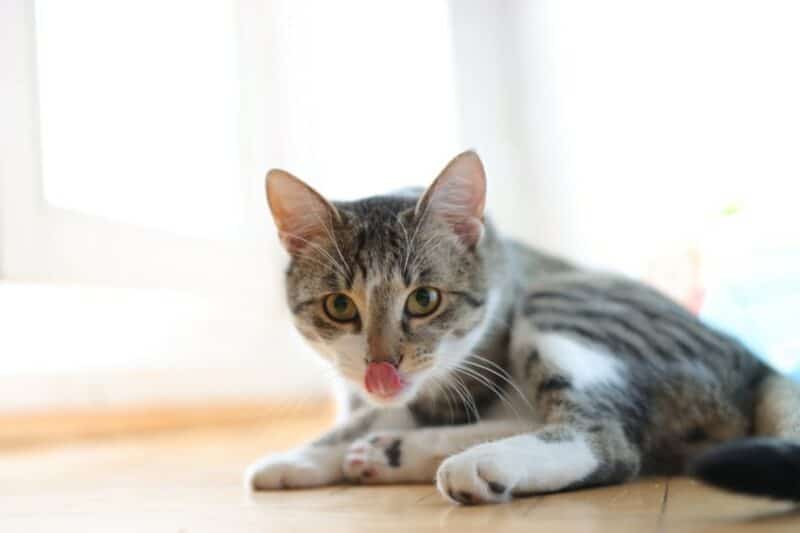
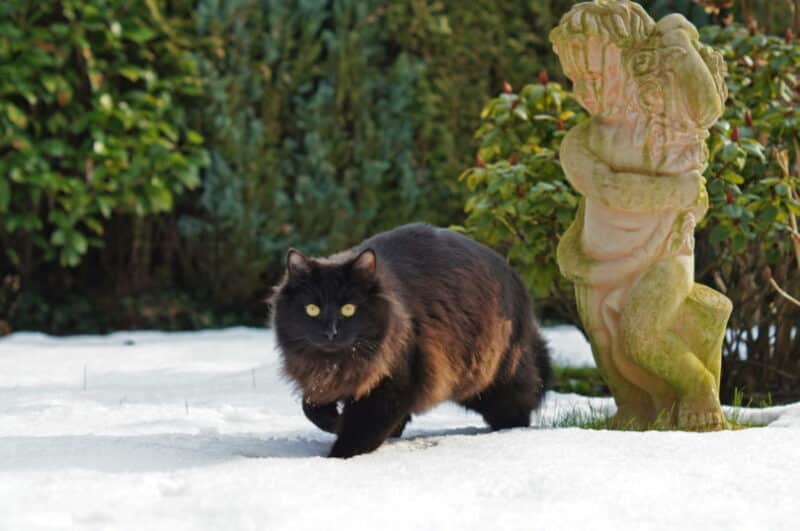
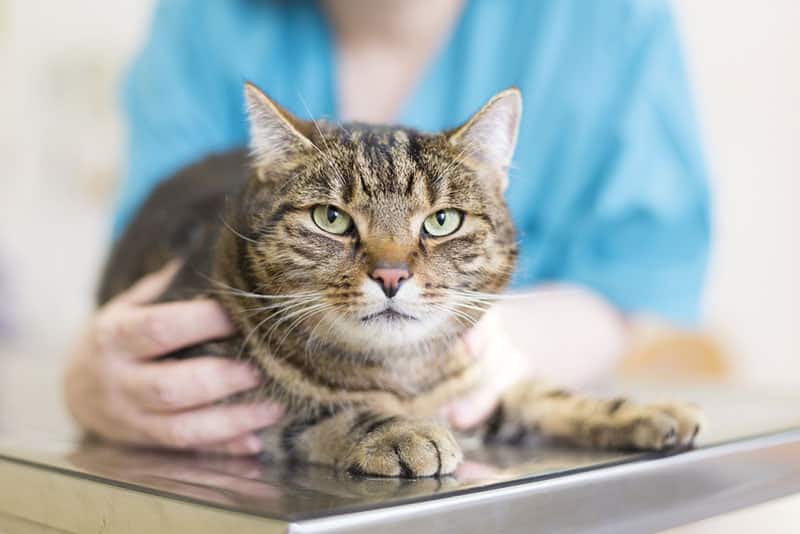
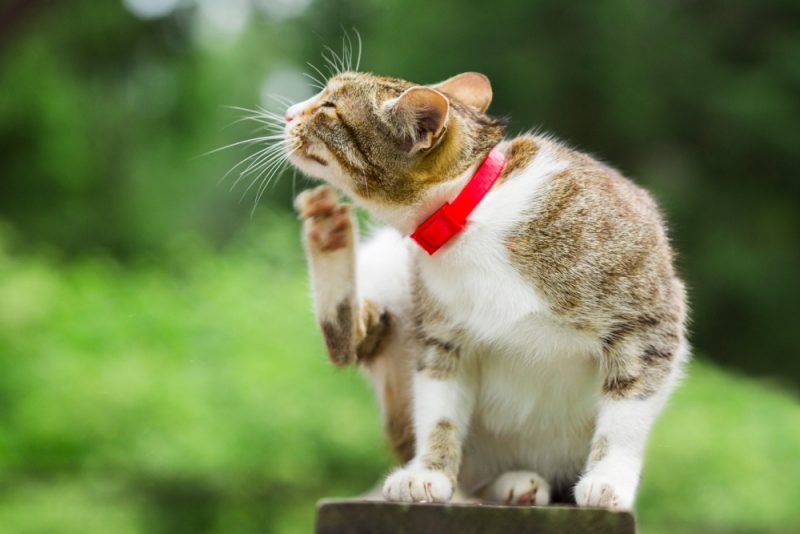
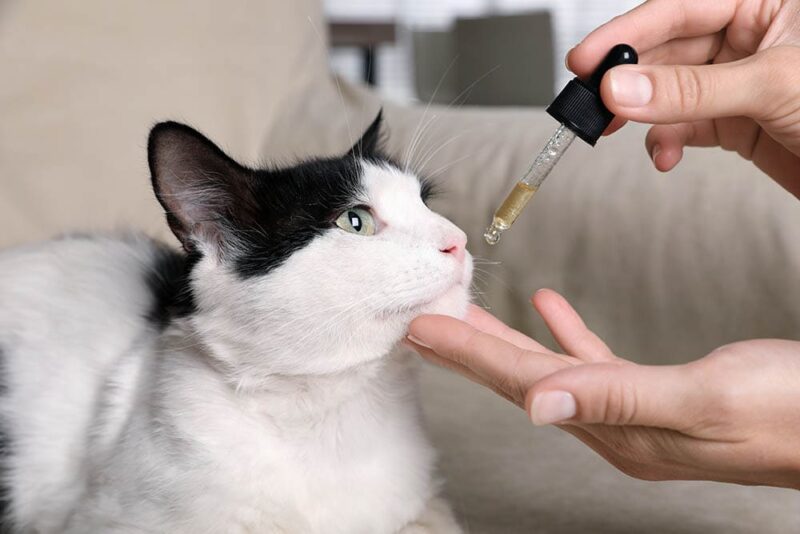
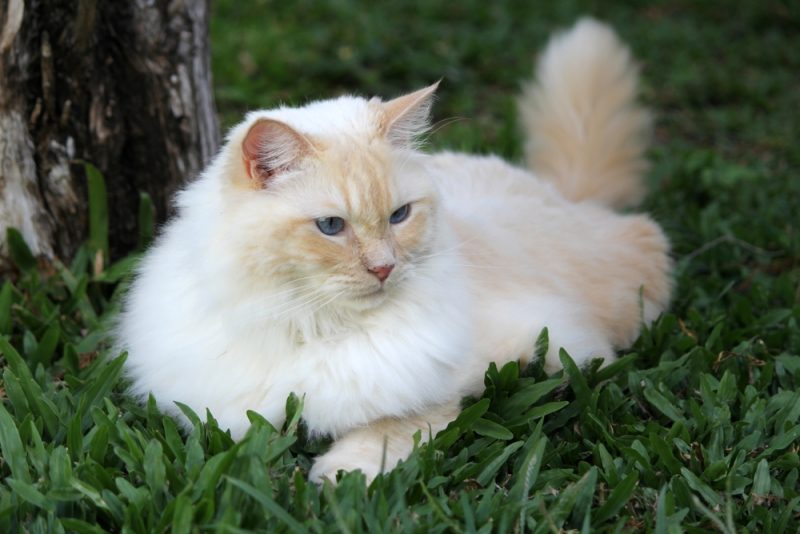
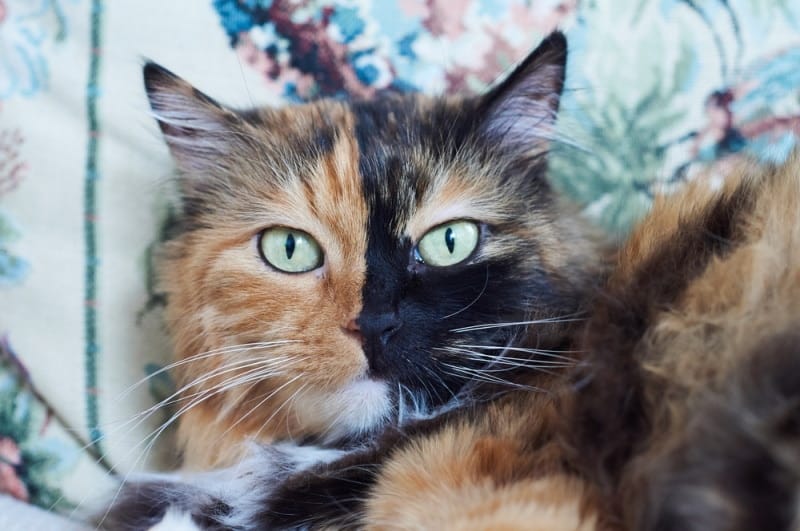



2 Responses
I am being moved to retirement village where I cannot take my cat.I adopted her 8 years ago from a cat rescue centre. I love her dearly and will miss her very much ,but choices are very limited.i cannot take her with me, but will seek a new home for her.
Will she recover if she gets a new home.
Hi Jocelyn,
Thank you for reaching out. We are sorry to hear you won’t be able to take your beloved cat with you to your new home, but would like to reassure you that while she will miss you, she will very likely recover in her new home. We have some articles on our website to help you with this new adjustment, specifically this one here https://www.catster.com/cat-behavior/will-cat-miss-you-if-you-give-them-away/#Tips_for_Helping_Cats_Adjust_to_New_Homes (just copy this and paste it in your browser). We hope this helps.